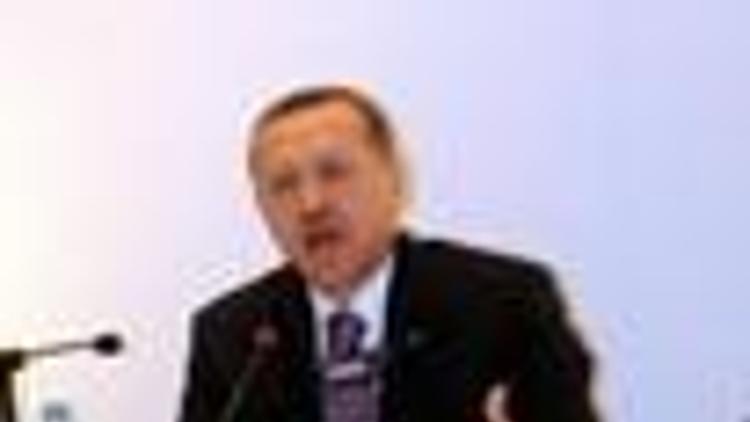PM Erdogan: Turkey targets 7 percent growth rate
Güncelleme Tarihi:

Turkey's growth target was again fixed at 7 percent and the government would not make concessions on this matter, Turkish Prime Minister Tayyip Erdogan said at the 16th gathering of the Business Round-table meetings on Wednesday. (UPDATED)
"Our growth rate will not drop below 4 or 5 percent, and we will maintain our efforts to keep our 7 percent target," he said in a round-table meeting organized by the Economist Conferences in Erdogan underlined the importance of investments to achieve the growth rate target. In regard to the country’s interest rate and inflation risk, Erdogan said that interest rates were around 22 percent and the high interest rates pushed inflation upwards. " The Economist magazine, regards the meeting as the latest in long-standing series of high-level, straight-talking sessions with The meeting titled "The Future of Economy and Business" aims at discussing issues like economic reforms in Erdogan said
�
IMF RELATIONS
Erdogan also said
Erdogan underlined the importance of IMF in accreditation and said that technical works continued between authorities of the related state ministry and the IMF. "I think that we will conclude these technical works soon and make public our decision."
ENERGY ISSUE
On energy, Erdogan said that
Turkey would also invest in thermal power plants Erdogan said, adding the announcement that the country would open a tender to construct two power plants in the Afsin-Elbistan region.
�
The prime minister said that
Photo: AA

